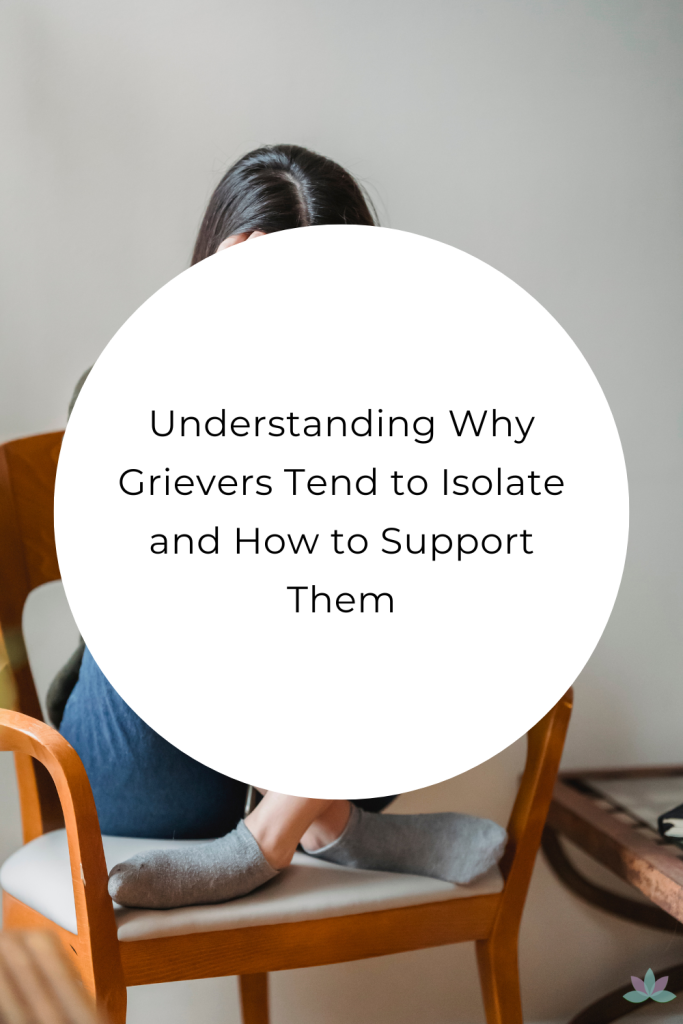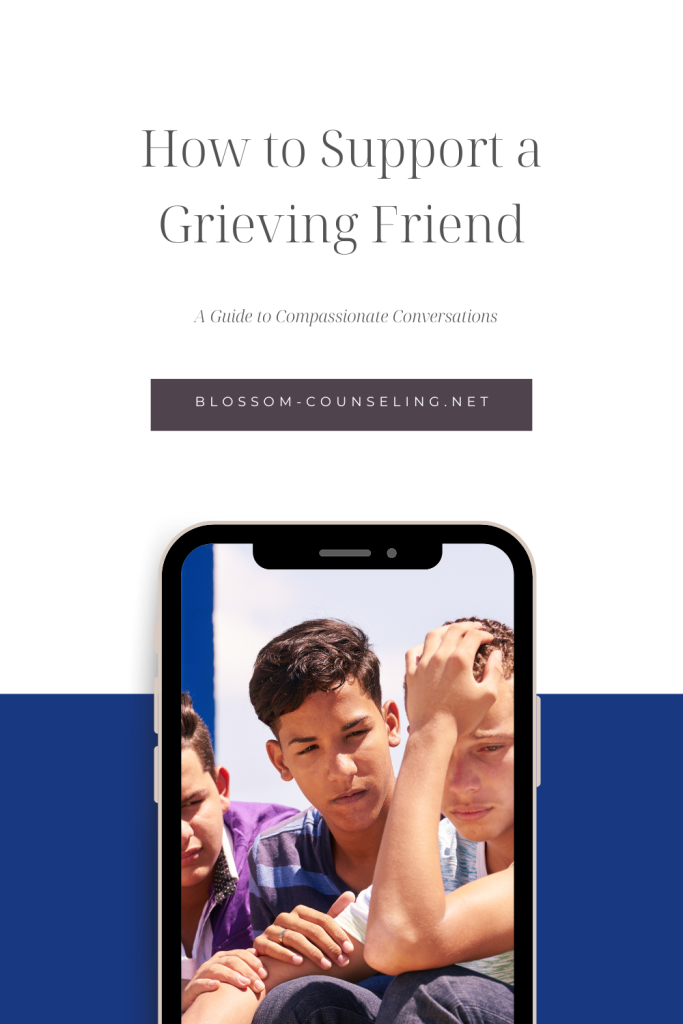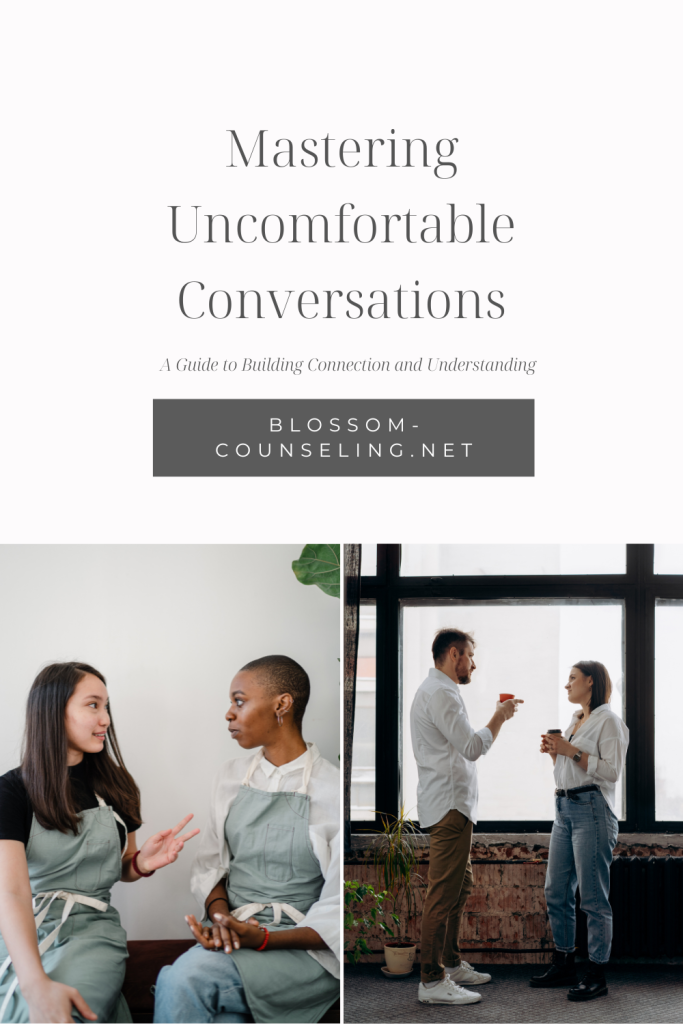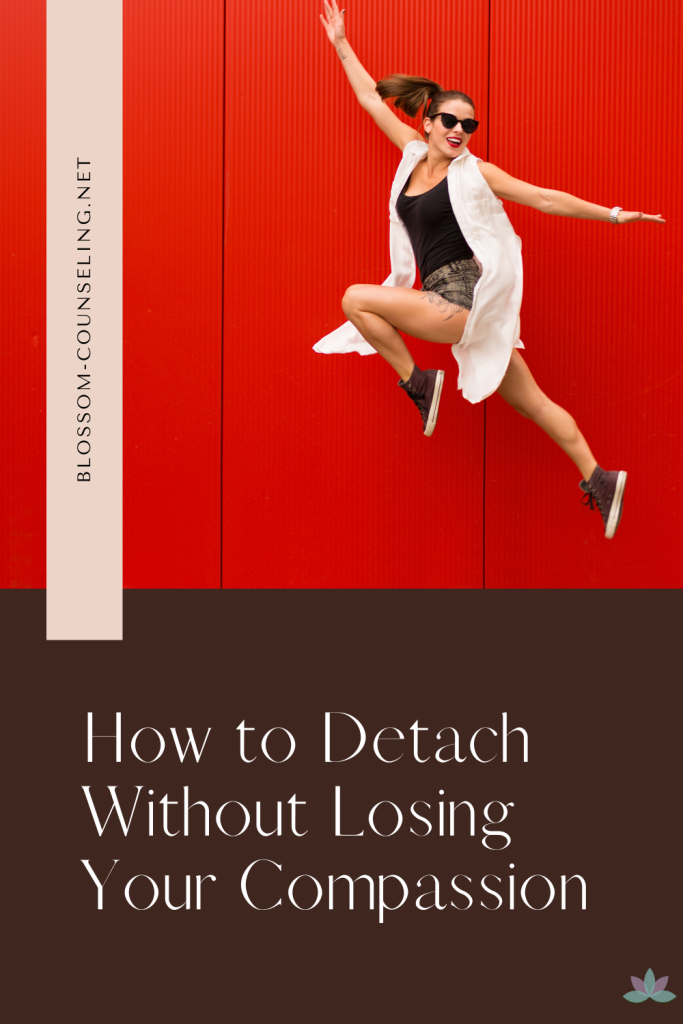
Grief is a deeply personal experience, often defying simple explanations or predictable patterns. One of the more perplexing aspects of grief is the way it can lead people to withdraw from others, even from those they love and trust most. If you’ve ever watched a grieving friend or family member pull back and retreat into themselves, you may have found yourself wondering why isolation seems to accompany such an already heavy burden.
At its core, grief is not just sadness; it’s a complex emotional process that impacts every part of a person’s life—physical, mental, social, and spiritual. Isolation often emerges as a protective mechanism or a response to the overwhelming changes grief brings. Let’s unpack some reasons why this happens.
1. The Overwhelm of Social Energy
Grief drains a person’s emotional and physical energy. Everyday tasks can feel monumental, and social interactions—especially when they involve questions, advice, or even well-meaning support—can quickly become exhausting. For many, the idea of putting on a brave face or trying to explain their feelings to others is simply too much. Retreating offers a temporary reprieve from the demands of connection.
2. Fear of Misunderstanding
Grieving individuals often find that their experience feels intensely personal and difficult to articulate. They may worry about being judged or misunderstood if they express their pain openly. Phrases like “You’ll feel better soon,” or “At least they’re in a better place,” though well-intended, can feel dismissive or even hurtful. Rather than risking these uncomfortable exchanges, many choose solitude.
3. The Stigma Around Emotions
Society doesn’t always make room for the rawness of grief. People are often expected to “move on” or “stay strong” after a loss. These unrealistic expectations can push grievers into isolation, where they feel safer expressing the depth of their emotions without fear of being shamed for not meeting societal norms.
4. Loss of Shared Connection
Grief doesn’t just change individuals—it can alter relationships, too. When a shared connection is lost, such as a mutual friend or family member, it can feel impossible to return to the same dynamic. Conversations may feel strained, and moments that once brought comfort might now highlight the absence of the person who has passed. This loss of relational ease often nudges grievers toward isolation.
5. Self-Protection During Vulnerability
Grieving makes people feel vulnerable, and vulnerability can be uncomfortable. Many isolate themselves as a way to create a buffer between their raw emotions and the outside world. It’s a way to regain some sense of control in a time that feels chaotic and unpredictable.
6. Difficulty Accepting Support
Support is often offered generously to those in mourning, but receiving it isn’t always easy. Grievers may feel guilty for taking up too much space, embarrassed to cry in front of others, or unsure how to express what they truly need. It’s easier, they may think, to handle things alone than to navigate these complexities with others.
Understanding and Supporting the Isolated Griever
Isolation is not inherently harmful; for some, it’s a necessary part of processing loss. However, prolonged withdrawal can lead to feelings of loneliness, depression, and even a sense of disconnection from the world. If you’re supporting someone who is grieving, it’s important to approach them with patience and understanding.
Rather than pushing them to be social, offer consistent but gentle outreach. Simple gestures—like a text saying, “I’m thinking of you,” or dropping off a meal—can remind them they’re not alone without pressuring them to respond. And if you’re grieving yourself, know that it’s okay to take the time you need to feel what you’re feeling, but also keep an eye out for when solitude begins to feel isolating instead of restorative.
Grief isn’t linear, and there’s no right or wrong way to navigate it. Understanding why isolation happens is one small step toward making the process just a little less lonely.
Our team of compassionate therapists is here to help you find the support you need. We believe in a holistic approach, treating your mind, body, and spirit. With a blend of traditional and alternative therapies, we tailor your experience to meet your unique needs. At Blossom, we create a non-judgmental space where you can be your authentic self. Our goal is to empower you, amplify your strengths, and help you create lasting change. Together, we’ll navigate life’s challenges and help you bloom, grow, blossom! You deserve to become the best version of you.




